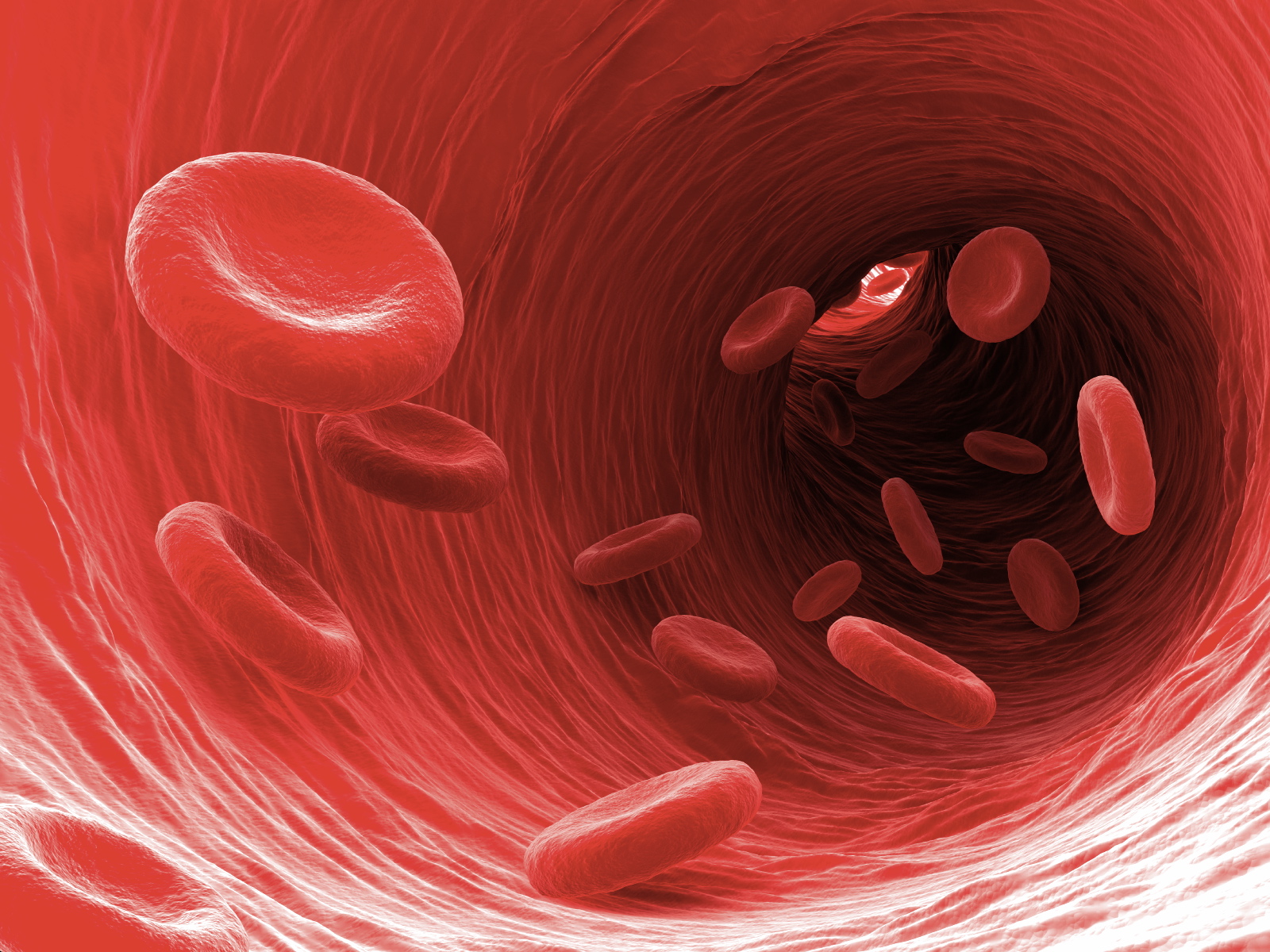
The landscape for cancer treatment has seen several ground-breaking advancements in recent times. From innovative therapies to diagnostic technologies, progress is reshaping our approach to cancer care.
Of course, major developments in cancer screening, diagnosis and treatment have occurred for almost 150 years. But it seems today, we are much closer to significant breakthroughs treatments and potentially cures.
The following looks at some of the great work being done across the cancer field and by several small Australian companies that are taking large steps for mankind.
CAR-T cell therapy
One of the most notable advancements is the development of personalised medicine, particularly in the field of immunotherapy.
Researchers have made strides in tailoring immunotherapeutic treatments to individual patients’ genetic profiles, enhancing the efficacy and reducing the side effects of cancer treatment.
For example, new forms of CAR-T cell therapy, which involves modifying a patient’s T-cells to target and kill cancer cells, have been approved for additional types of cancer, including certain lymphomas and leukemias. These therapies have shown remarkable success rates, even in cases where traditional treatments have failed.
Targeted therapies
Advancements in targeted therapy have also been made. This involves drugs that target specific genetic mutations within cancer cells.
The approval of several new targeted therapies has been a game-changer for patients with specific genetic markers.
For instance, drugs targeting the KRAS mutation, a common mutation in various cancer types, have shown promising results in clinical trials, offering new treatment avenues for patients with lung, colorectal, and pancreatic cancers.
Oncology
The field of oncology has also seen significant progress in the development of cancer vaccines. Unlike traditional vaccines, these are designed to prevent cancer recurrence in patients who have already been treated for the disease.
Recent trials have shown promising results in developing vaccines against several types of cancer, including melanoma and certain types of breast cancer. These vaccines work by stimulating the body’s immune system to recognise and attack cancer cells, potentially reducing the risk of recurrence.
Diagnostic technologies
Diagnostic technologies have undergone remarkable improvements, aiding early detection and the personalisation of treatment plans.
Liquid biopsy, a non-invasive method that detects cancer cells or DNA from a blood sample, has seen significant advancements.
This technology allows for the early detection of cancer and provides critical information on the genetic makeup of tumours, helping to tailor treatments more effectively and monitor response to therapy over time.
AI
Moreover, artificial intelligence (AI) and machine learning are playing increasingly pivotal roles in cancer research and treatment.
AI algorithms are being used to interpret complex medical data, including imaging and genetic information, to identify patterns that might not be visible to the human eye.
This can lead to earlier detection of cancers and more precise targeting of therapies, significantly improving patient outcomes.
The role of microbiome
In the realm of prevention, there has been a growing emphasis on understanding the role of microbiome in cancer.
Recent studies have explored how altering the composition of gut bacteria can reduce the risk of certain cancers and improve the efficacy of treatments. This research opens up new possibilities for cancer prevention strategies and adjunct therapies that could enhance the effectiveness of existing treatments.
With continued investment and focus on personalised medicine, targeted therapies, cancer vaccines, advanced diagnostics and the application of AI, the future of cancer treatment looks promising.
These advances not only offer new hope for patients but also pave the way for more effective, less invasive, and more personalised cancer care.
